Do electronic water descalers work? Or are they snake oil?
There is a great deal of debate around this question; and after doing some research, the answer doesn’t seem totally straightforward. However, the tendency is clear, and the answer in your case is connected to the expectations you have of this product.
In this post, I discuss the matter whether electronic water descalers work to my best knowledge, to guide you in your decision of buying one or not.
Table of Contents
- What is an electronic water descaler?
- Do electronic water descalers really work?
- How to find out if your device is working
- The most popular electronic water descalers on Amazon
- Managing expectations: What electronic water descalers can’t do
- Water descaler vs. water softener: the difference
- Electronic water descalers: pros and cons
- Conclusion
What is an electronic water descaler?
To understand the following explanations, let briefly define what an electronic water descaler is and what it does. It’s a device which is said to reduce the negative effects of hard tap water. You install it on the outside of your water pipeline. It generates a magnetic field to change the structure of the mineral particles inside the water, to cause them to stay in the water, instead of depositing on surfaces.
This treatment is meant to reduce limescale building up, clogging-up your pipes, breaking your appliances or leaving an unpleasant coating on your fixtures or dishes. However, the descaler does not change the chemistry of the water itself; the water remains hard.
Sometimes, electronic water descalers are also referred to as electronic or magnetic water softeners or water conditioners, or salt-free water softeners.
Do electronic water descalers really work?
The simple answer is: Yes, they obviously work, but they might not work for you.
First: The process of electronic descaling hasn’t been independently scientifically proved and has no demonstrated record of repeatable effectiveness. However, this is the case with many processes (or remedies) which people find to be working in everyday life.
Manufacturers present studies done by independent labs which confirm the effectiveness of their products. When browsing the reviews for popular water descalers on Amazon, this claim seems to be proving true: Across the board, they all have a solid average 4-star rating, resulting from more than 500 or 1,000 single reviews.
After reading a handful of them, the judgement is: The devices work.
This is supported by the common practice of the manufacturers to provide a one-year money-back guarantee. If the water descalers were fraud, customers would notice after a while and return them on a massive scale.
So, why is there still a debate about the effectiveness of electronic water descalers, and why do still a relevant number of people report that they haven’t worked for them?
It appears that the effectiveness of water descalers heavily depends on several conditions, including the hardness and the content of your tap water and your pipe system. It’s important to consider that the capacity of descalers made for home use is relatively low (compared to devices for industrial or communal application). If your water is really hard, a descaler might still have an effect, but the improvement might not be noticeable.
To be clear, if your tap water is overly hard, an electronic descaler probably won’t work for you. Furthermore, you should be aware of some expectations this device might be incapable to fulfill, which we discuss in the below section.
How to find out if your device is working
Whether an electronic water descaler works can only be answered on a case-by-case basis. How are you going to know if your $200 plus investment is working at your home?
The easiest way is to conduct a before and after comparison. A while before installing the descaler, take note of how often you have to clean your pipes and how massive the scale coating is on the inner pipe surface.
Before installing the descaler, remove any existing scale from your pipes. Then, let it run a do its job. Ideally, you should see scale build up much slower than usual, and even when it does build up, it should be a lot easier to remove.
Another good indicator of how effective the descaler is, is to check your dishes after you’ve washed them in the dishwasher: How many white spots are left on them? If you live in an area with very hard water, chances are there will be a lot of white spots. If the white spots become less or smaller than before, your electronic descaler is working.
As mentioned, brands like Eddy or Yarna grant generous one-year money-back guarantees, so you can buy and test a descaler at your home and return it hassle-free in case you are among the unlucky ones where the descalers lack effect.
The most popular electronic water descalers on Amazon
Eddy Electronic Water Descaler
YARNA Capacitive Electronic Water Descaler System
iSpring ED2000 Whole House Water Descaler
Managing expectations: What electronic water descalers can’t do
During my research, I found that people were not happy with their electronic water descalers, mainly because of wrong expectations, like:
Removing heavy metals
Their electronic water descaler did not remove iron or other heavy metals from the water. That’s not a bug, that’s simply something descalers cannot do.
Additionally, if there are many heavy metals in your water, it will interfere with the action of the electromagnetic field and the descaler won’t be as effective reducing scale.
If you need to remove such metals from your drinking water and household water, I’d suggest just sticking to a good ol’ reverse osmosis system or get a specialized iron filter.
Cleaning scaled-coated pipes
Another reason for bad reviews is that pipes and fixtures that already had scale did not lose the scale after installing the device; another case of overexpectation, as descalers can’t remove already deposited scale.
Industrial solutions are strong enough to actually knock the calcium loose from inside your pipes, but the models usually made for home use are nowhere near that strong.
Completely prevent building up scale
After running the electronic water descaler, when scale is still building up, that doesn’t mean it’s not working. The descaler will not completely eliminate scale. At best, it will slow down the rate at which scale is deposited.
So let’s say you originally cleaned up all your fixtures once every 2 months. After installing the electronic descaler, you may need to only clean up your fixtures every 6 months.
If you live in an area with extremely hard water, even a descaler will not do the trick because household descalers are simply not strong enough to handle so many dissolved metals.
Removing other dissolved substances in the water
Even after running the water descaler for a while, the quantity of dissolved substances (measured in parts per million, ppm) of the hard water remained the same. Again, filtering other substances or minerals is not the job of a water descaler. Period. They only prevent the ions from sticking and building up.
There are better devices to reduce dissolved substances in water: Reverse osmosis filters, for example, have tiny-pored filters that are great at keeping almost everything besides the water molecule itself out of the final product. There are even certain all-in-one filters that have a reverse osmosis stage and a water softener stage.
Water descaler vs. water softener: the difference
Without diving into the technical details, what’s the difference between a water descaler and a water softener?
A water softener removes minerals from water and changes the water’s chemistry, softening it – okay, not astounding.
However, descalers do not remove anything from water. They just treat the water physically, making the minerals remain in the water and less likely depositing in the pipes.
Only proper salt-based water softeners remove the minerals from the water, which make the water hard. If you want soft water, get one. Water softeners are not that expensive and in fact are quite common now, so it’s definitely worth checking out some systems. It’s worth noting that you need to install a larger system that will soften the water in your entire home, rather than just one or two taps.
Also interesting: Water conditioners vs. water softeners
Electronic water descalers: pros and cons
Pros
- easy to install
- maintenance-free
- affordable
Cons
- does not actually soften the water
- can not handle very hard water
- effect can be impaired by several factors
Conclusion
Unfortunately, the science behind electronic water softeners is not quite as ironclad as it should be and there are only a few varied studies across the board, with little peer review and confirmation of findings.
There are so many variables in play–iron, overall hardness, existing scale on your appliances–that it becomes difficult to control variables and see which situation really gets solved by these products.
You’ll see people happy with the product, and a nearly similar number of people unhappy with the product if you search around. However, after reading through what some people had to say, I’ve realized that folks who were unhappy were usually so because they expected the product to do something it was not designed to do.
At the end, it really comes down to what you want to achieve and if you are happy with the limited effect of an electronic water descaler. If not, go for a grown-up water softening system.

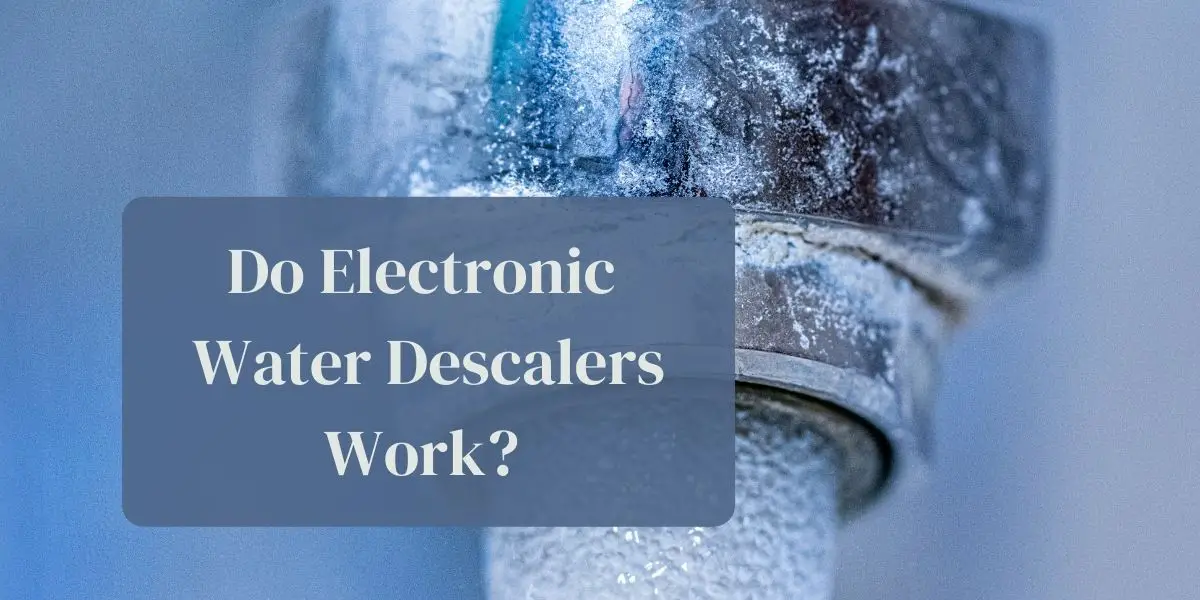
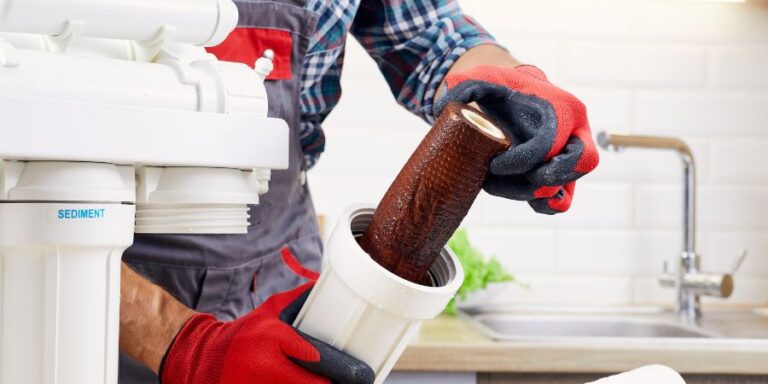
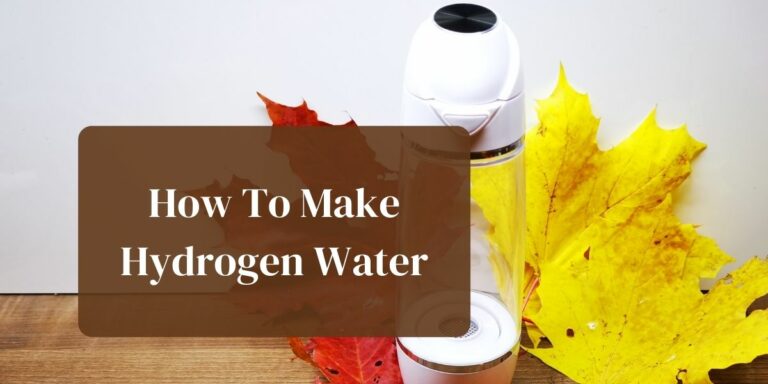
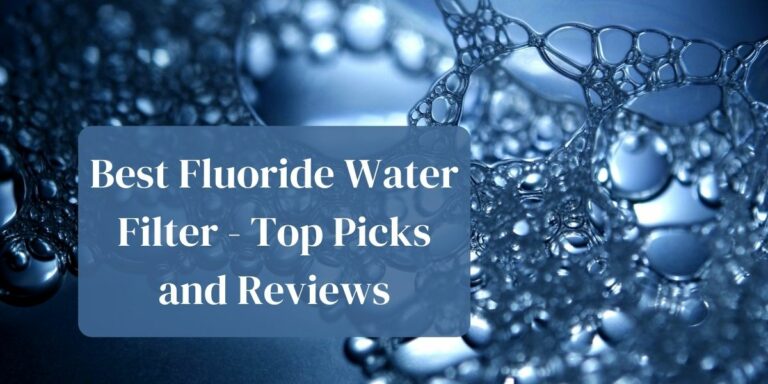
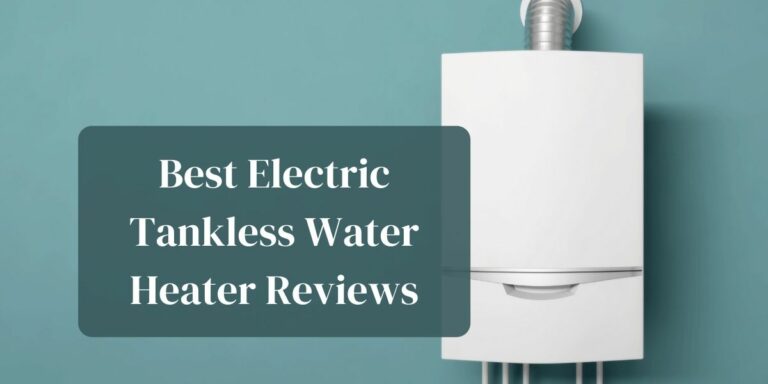
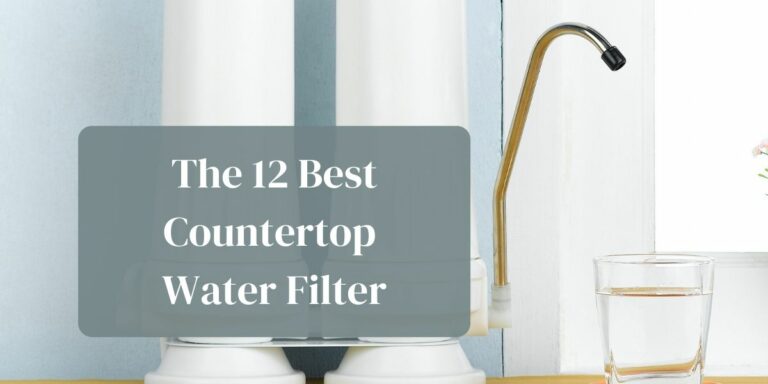
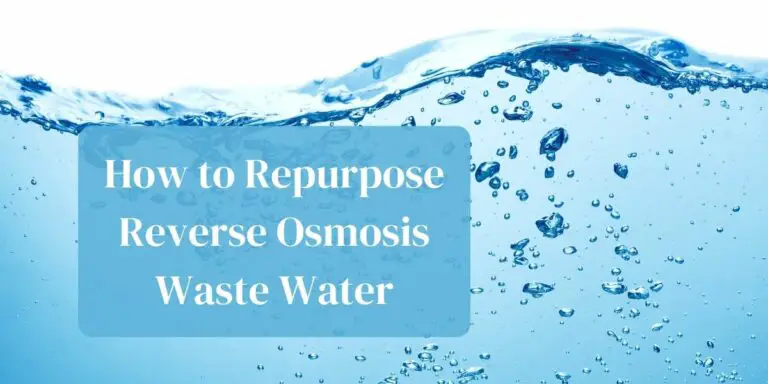

Many households enjoy having soft water but dread losing out on the calcium, magnesium, and other healthy minerals that are lost in conventional water softeners. Installing the greatest electronic water descaler money can buy is the best solution to this conundrum.
Hello, would you tell me if the water feels like a watersoftner’s water in the shower? That slippery feeling? Thanks
Hello Doug, thanks for commenting. I am not sure what you mean with “slippery feeling”. What I can say is that water descalers do not soften the water, and their effect isn’t near what salt-based water softener can achieve. The water is still hard, only the limescale builds up slower on fixtures or other surfaces.
to answer your question straightforward Doug, unlike Marcel^ there. Yes, using one of these electronic descaler devices will mimic that nice soft water”slippery” feel, hope this helps.
Thanks, Chris 🙂